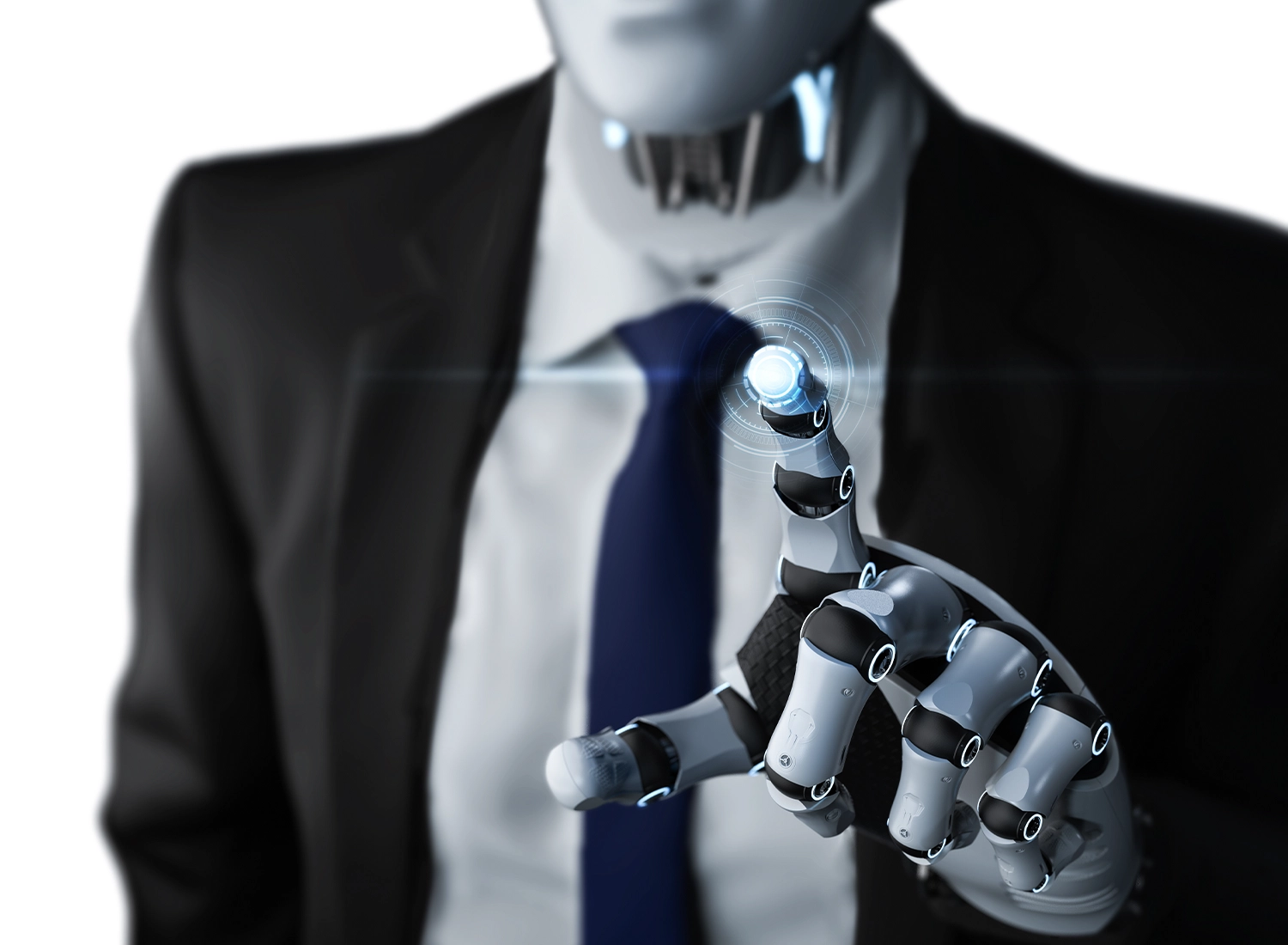
Across high-growth companies with valuations above $500M, a quiet transformation is unfolding. Artificial intelligence has become the central force behind how organizations expand, operate, and lead. Conversations that once revolved around hiring and scaling now focus on automation, efficiency, and workforce recalibration.
Human Resources leaders describe a new reality. Growth continues, yet the structure behind it has changed. AI systems handle increasing volumes of work once managed by people. The teams remain lean, but output accelerates. Performance indicators rise while headcount stays constant.
This shift has redefined what leadership means inside modern organizations. The leaders who once built teams now architect entire systems, blending technology, governance, and culture into a single framework for sustainable performance.
The Redefinition of Growth
AI-driven efficiency has created measurable gains across every business function. Productivity per employee has risen sharply, supported by automated reporting, AI-enabled analytics, and integrated operational tools. Companies now evaluate success not through expansion, but through capability enhancement.
Four patterns consistently emerge inside AI-mature organizations:
- Shorter decision cycles supported by predictive systems.
- Reskilling priorities replacing traditional recruitment strategies.
- Data-centric management reshaping accountability structures.
- Cultural adaptation as teams learn to collaborate with intelligent tools.
Growth now depends on how precisely human intelligence and machine intelligence align. The ability to integrate the two defines whether efficiency leads to resilience or instability.
The Leaders Driving the Transition
Boards and investors increasingly seek executives with deep operational understanding of AI systems. The new generation of CEOs, CFOs, and CHROs are evaluated as much for technological fluency as for strategic foresight.
Executive recruiters report that demand for AI-literate leaders has risen by more than 300% over the past year. CEO recruiters highlight a sharp increase in searches requiring direct experience with AI deployment, predictive workforce planning, and ethical model governance.
These leaders combine strategic clarity with measurable technical insight. They understand that efficiency without human trust erodes long-term performance. Their value lies in building organizations where automation enhances, rather than replaces, collective capability.
How Executive Recruitment Has Changed
AI search firms have transformed how leadership candidates are evaluated. Advanced analytics, behavioral modeling, and predictive psychometrics now underpin every stage of the executive search process.
Modern executive recruiters use AI systems to:
- Analyze leadership style against organizational AI maturity.
- Forecast cultural alignment using language and decision-pattern modeling.
- Quantify adaptability under conditions of rapid technological change.
- Measure readiness for leading hybrid human–machine teams.
This precision elevates the quality of placement outcomes. It enables boards to identify leaders who can integrate AI ethically, scale responsibly, and maintain organizational balance during continuous transformation.
Strategic Implications for Companies and Boards
The evolution of AI has introduced both opportunity and tension. Companies that embed AI literacy into leadership development gain measurable advantages in efficiency, resilience, and decision quality. Those that delay integration risk operational stagnation and talent misalignment.
Boards that partner with executive recruiters specializing in AI-driven leadership acquisition can secure stability through informed succession strategies. CEO recruiters and AI search firms now serve as strategic partners, ensuring that every appointment strengthens an organization’s capacity to adapt.
As AI continues to expand its influence across industries, the most valuable leaders will be those who combine technological intelligence with human understanding. They will shape growth models that sustain innovation without sacrificing trust or cohesion.
The age of AI has redefined the fundamentals of growth. Success no longer depends on scale but on intelligence, both human and artificial. Companies that recognize this shift early and invest in leadership capable of managing it will lead the next decade of global business evolution.

